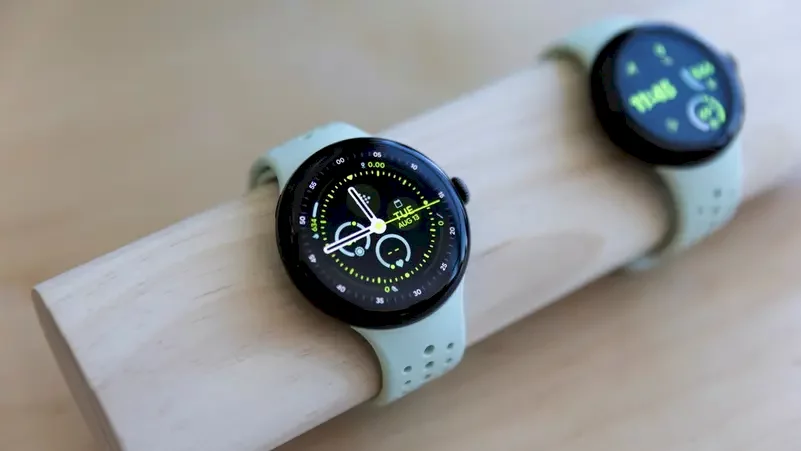
Wearable Devices May Improve Post-Surgery Child Care
SadaNews - New research has revealed that young children recovering at home after surgery may one day wear devices to monitor their fitness in order to expedite the detection of complications, according to Reuters.
Currently, surgeons must rely on the child or their parents to report any new symptoms after being discharged from the hospital. As a result, complications are not always detected at early stages.
At the Ann & Robert H. Lurie Children's Hospital in Chicago, 103 children were given Google Fitbit, a commercially available device for monitoring activity, sleep, and heart rate, worn on the wrist like a watch, for 3 weeks following appendectomy.
Instead of just monitoring the usual metrics, researchers modified the device's algorithms to look for deviations in the child's biological rhythms of activity and heart rate patterns.
The researchers found that when reviewing the data, the new algorithms were 91 percent accurate in identifying early signs of post-surgical complications, three days before pediatricians later diagnosed them.
They reported in the journal Science Advances that the devices were 74 percent accurate in identifying children who did not experience any complications.
Researchers hope that a system will ultimately be developed to automatically analyze the data and send alerts to clinical teams monitoring the children's condition in real time.
Dr. Faizan Abdul, a participant in the study, stated: "By utilizing widely available wearable devices, combined with this new algorithm, we have the opportunity to change the monitoring and post-surgery care model and improve outcomes for children in the process."

Birdwatching Tourism: Pleasure, Excitement, and Unexpected Scientific Discoveries

Dopamine Boosting and Attention Weakness: Beware of Digital Drugs Inside Your Phone

انطلقت منذ 20 عاماً.. ما لا تعرفه عن منصة "روبولوكس"

India Offers Tax Breaks Until 2047 to Attract Cloud Computing Giants

Do You Write To-Do Lists by Hand or on Your Phone? 9 Traits Distinguishing the First Group

Developments in the Health Condition of Actress Susan Badr

How Artificial Intelligence Steals Our Faces and Our Money?

